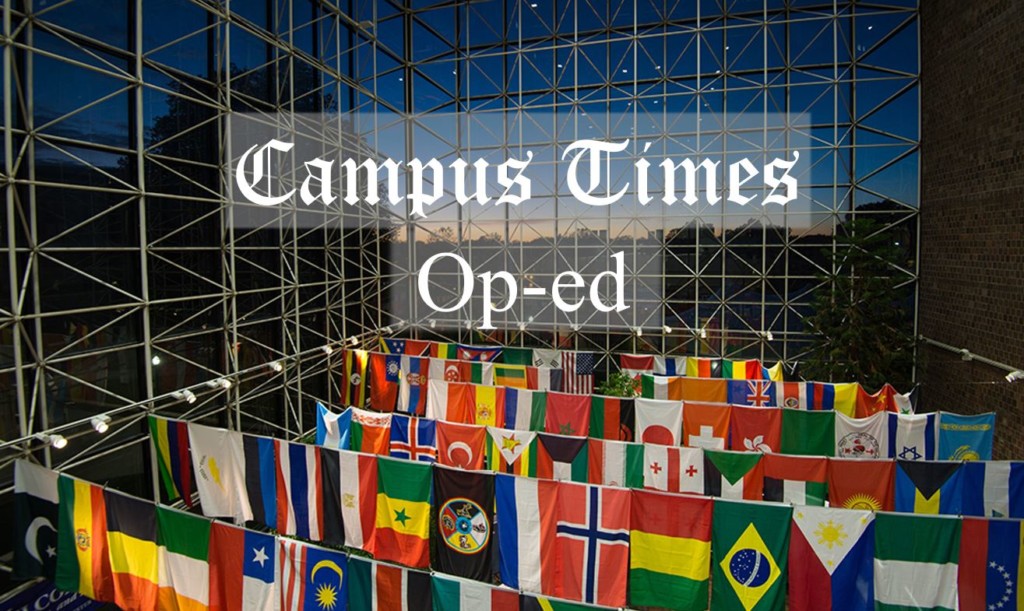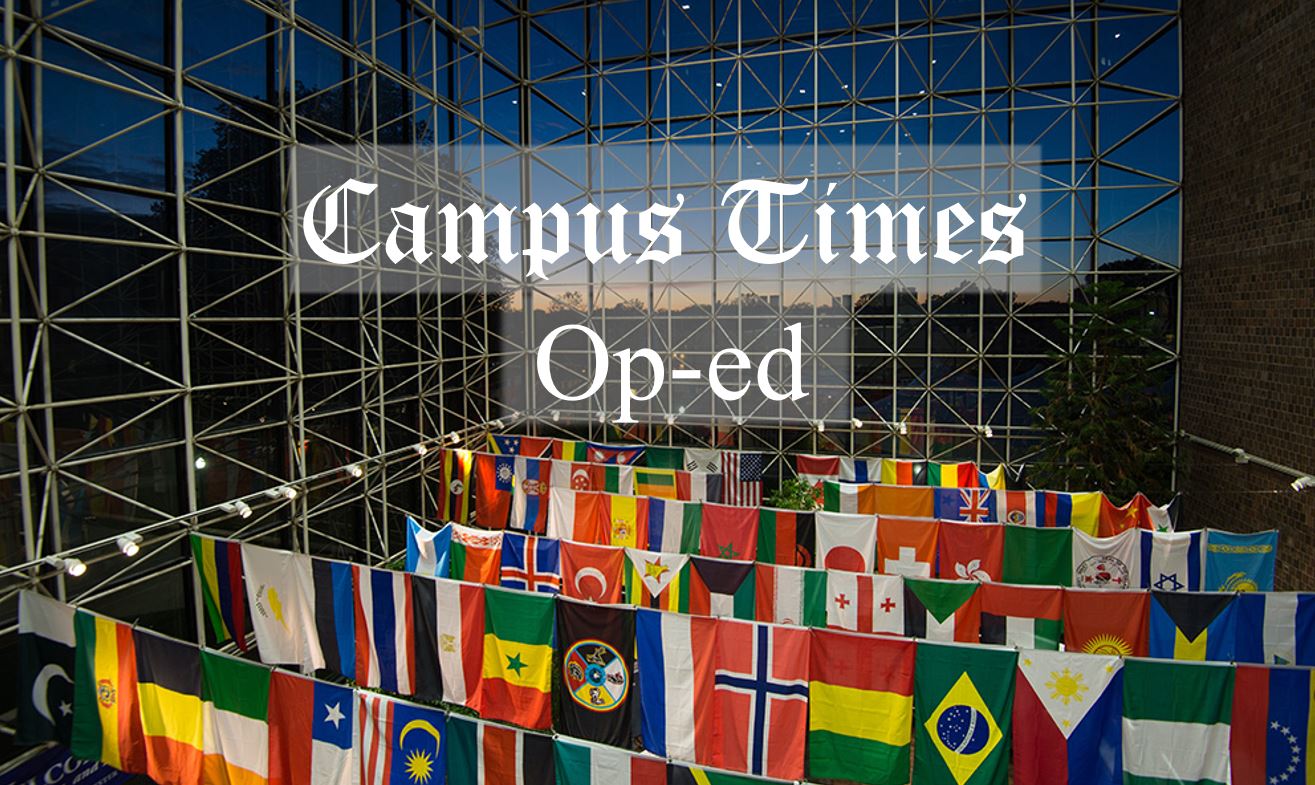On Sept. 11, 1973, Chilean President Salvador Allende addressed his country for the final time. Though besieged in the presidential palace by the forces of a military coup d’etat, Allende refused to flee or fight.
“I address […] those who will be persecuted, because in our country fascism has been already present for many hours — in terrorist attacks, […] in the face of the silence of those who had the obligation to act.”
“La historia los juzgará.” History will judge them.
Several hours later, Allende took his own life.
American president Richard Nixon’s administration had spent the previous three years undermining the democratically elected government of Chile. The administration expressed displeasure over Allende’s socialist economic policy and a potential closeness with Cuba, made clear by a cable to the Department of State from the U.S. Ambassador to Chile, Edward Korry. So the Central Intelligence Agency (CIA) decided to overthrow Allende’s government as early as 1970, the year he was elected.
“It is firm and continuing policy that Allende be overthrown by a coup,” a cable to the CIA’s Chilean office read. “It would be much preferable to have this transpire prior to [Allende’s confirmation] but efforts in this regard will continue vigorously beyond this date.”
The coup of 1973 is just one of a series of unmitigated abuses committed by the U.S. government to have been confirmed by the U.S. Senate’s Church Committee, which was formed in 1975 to investigate the history of intelligence activities undertaken by the U.S. government.
Church Committee reports from 1975 and 1976 reveal a growing mistrust of the U.S. intelligence and defense communities and of the office of the executive. “The recommendations set forth by the Committee are submitted with a sense of urgency,” the 1976 report reads, “and with the admonition that to ignore the dangers posed by secret government action is to invite the further weakening of our democracy.”
“There is a danger and an uncertainty which arises from accepting at face value the assertions of the agencies and departments which in the past have abused or exceeded their authority […] The Committee believes that the burden of proof should be on those who ask that a secret program or policy be kept secret.”
In its final report, the Church Committee concluded in 1976 that “There is a clear necessity, after thirty years of substantial secret activities, for public debate and legislative decisions about the future course of our intelligence system.”
Across six books, the Committee detailed the abuses of six government agencies and their interference with the Committee’s own congressional inquiry. They implicate the CIA, the Federal Bureau of Investigations, the National Security Agency, the Department of Defense, the Department of State, and the National Security Council.
The report accuses the White House itself of preventing a thorough investigation.
The report of a parallel House of Representatives Committee, the Pike committee, was blocked by the White House despite congressional approval. That Committee characterised the Carter administration’s interference with investigations as “frequently one of foot-dragging, stone-walling, and careful deception.”
Even more damning is that the report confirms the U.S.’ involvement in the assassination of General René Schneider, head of the Chilean armed forces and the most significant military supporter of Allende, as well as American sponsorship of the coup and the intentional economic crippling of the country. Moreover, it reveals involvement in the assassination of Congolese Prime Minister Patrice Lumumba, of President Rafael Trujillo of the Dominican Republic, of South Vietnamese President Ngo Dinh Diem and his brother, and the repeated assassination attempts made on Fidel Castro of Cuba. All these examples were preceded or succeeded by American-involved military takeovers, albeit a failed one in Cuba.
This is no commendation of these men, their governments, or their actions. I’m simply pointing out a pattern of covert operations conducted by the U.S. government in foreign states in order to maintain military or economic influence. It’s a pattern of killings in breach of the basic understanding of good government and responsibility that the American people expect.
It’s a pattern of lawlessness that did not end in 1973, that continues to strike fear into those that find themselves thrust against the will of the powerful.
The Church Committee’s final report quotes U.S. Supreme Court Justice Louis Brandeis: “Decency, security, and liberty alike,” he said, “demand that governmental officials shall be subjected to the same rules of conduct as the citizen […] If the government becomes a lawbreaker, it breeds contempt for the law; it invites every man to become a law unto himself; it invites anarchy.”
With lawlessness there is terror. And any government is capable of inflicting terror.
Terror in Uighur internment camps where Disney shakes hands with their captors.
Terror in Yemen, where American ally Saudi Arabia uses American bombs indiscriminately against civilians, and where millions starve.
Terror in Puerto Rico where little to no progress has been made by government rebuilding programs since Hurricane Maria struck the island in 2017 — the same island where 3 million American citizens have no say in the election of their president.
Terror in Black men, dying, naked, and muzzled in the middle of the street at night.
9/11 is a day where we remember victims of terror. It’s not inappropriate to use that day to also reflect on our own leaders, and scrutinize our own governments.
We must remember and honor the nearly 3,000 people that lost their lives in 2001 to terrorism in New York City, yes. But we must also remember Sept. 11, 1973, and the millions that have died due to the U.S.’s lengthy history of global terror. We must remember what terrible things any government is capable of. We must remember the consequences of tyranny.



